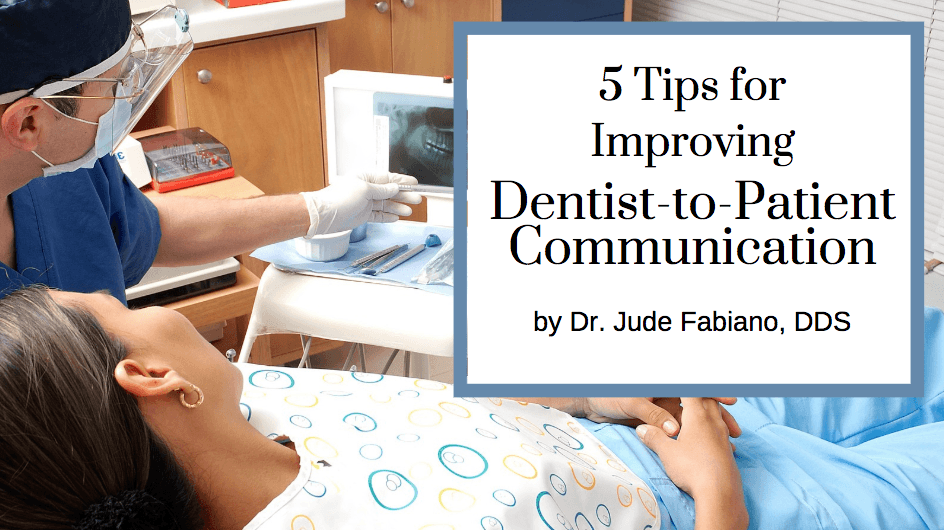Being a talented dentist doesn’t end at your ability to diagnose and treat patients. The best dentists are the ones who take the time to efficiently communicate with those in their care.
The education level of patients will vary substantially, but it’s safe to say that most dental patients don’t have advanced professional degrees. Even when a person doesn’t understand dental terminology, they still want to be fully informed about their teeth and treatment.
When patients are part of the conversation, they are more comfortable and more highly satisfied with the dental service you provide. The basis of their understanding doesn’t lie in the treatment itself. Instead, patients judge your treatment by the way you interact with them.
A positive experience in your office can translate to better ongoing oral care. They will be more willing to return for regular check-ups, and proper communication can improve their understanding of at-home dental care as well.
Listening
Often, the most important part of a conversation is when the dentist says nothing at all. The ability to listen to a patient’s concerns and empathize with them can speak volumes. That kind of personal attention shows the patient that you care about them as an individual and builds trust between the patient and you.
Transparency and Setting Expectations
You won’t be able to please everyone. It’s best to set expectations early and often while being as honest as possible. This can be in relation to fees, offered services, wait time, potential pain during or after a procedure, or any other aspect of their time as your patient.
Mutual Respect
From initial contact to the visit’s conclusion, the patient should feel that their time and opinions are valued. This could be anything from keeping wait time short to apologizing for any small inconveniences that occur during the visit.
Accepting Feedback
Many dental professionals go years (and sometimes decades) without asking for explicit feedback regarding their communication skills with patients.
Make Communication an Office-Wide Goal
It isn’t enough for one dentist to improve their communication skills. Any staff member a patient encounters should be well-versed in the art of efficient communication. This can minimize elevated patient situations, or at least make it easier to manage difficult situations when they do arise.
Above all, the patient should always feel that their dentist and the team is advocating for them at every turn. Serving patients ethically is the most important part of a dentist’s job and it should always be a professional’s highest priority

